Empowering and Transforming Communities
Leprosy, much like other NTDs, is characterized with high levels of stigma. The visible nature of symptoms combined with low levels of awareness leads to exclusion from society and community. The core concept of social identity suggests that people’s sense of self comes from internalized group memberships. Social identification through groups facilitates trust, which in-turn promotes health investigating behavior. On the other hand, lack of social connections is damaging to health as smoking, obesity, elevated blood pressure, and high cholesterol [1]. Self-help groups have often proved beneficial in tackling social exclusion. Past researches offers significant evidence that group-based self-help interventions have the potential to offer alternative group memberships that promote health seeking behavior and increase social participation and access [2].
The Sustainable Inclusive Livelihood Project (SILP) was implemented by The Leprosy Mission Nepal in 2023 with an objective of strengthening co-operatives formed by people affected by leprosy, people with disabilities, and marginalized population. The idea was to ensure that these co-operatives are able to sustain themselves while accounting for their long-term future. The initiative followed the framework of sustainable livelihoods set forth by Carney[3], in being people-centered, participatory, sustainable, empowering, conducted in partnerships, and long-term.
The initiative aimed at empowering individuals, families, and subsequently the community by providing them with vocational training programs. Vocational training programs especially those associated with livelihood and animal husbandry have proved to positively impact savings and asset accumulation[4]. These trainings supported local skills and interests, adapting to the local situation and thereby contributing to the continuous improvement of economic prospects for individuals for the targeted community. The trainings were supplemented with seed money which was channeled through the co-operatives and onto its members. These were granted as loans to members at subsidized interest rates.
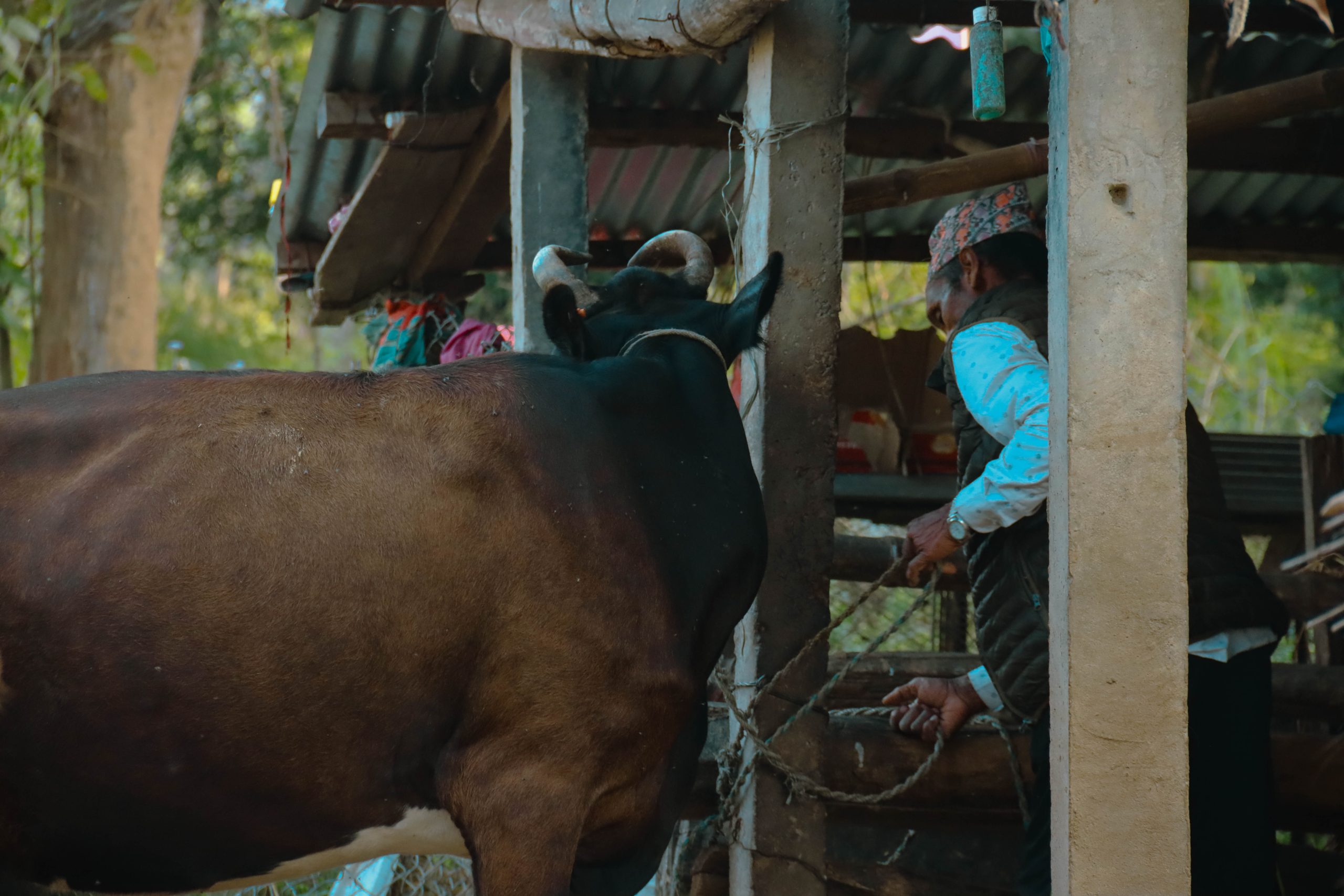
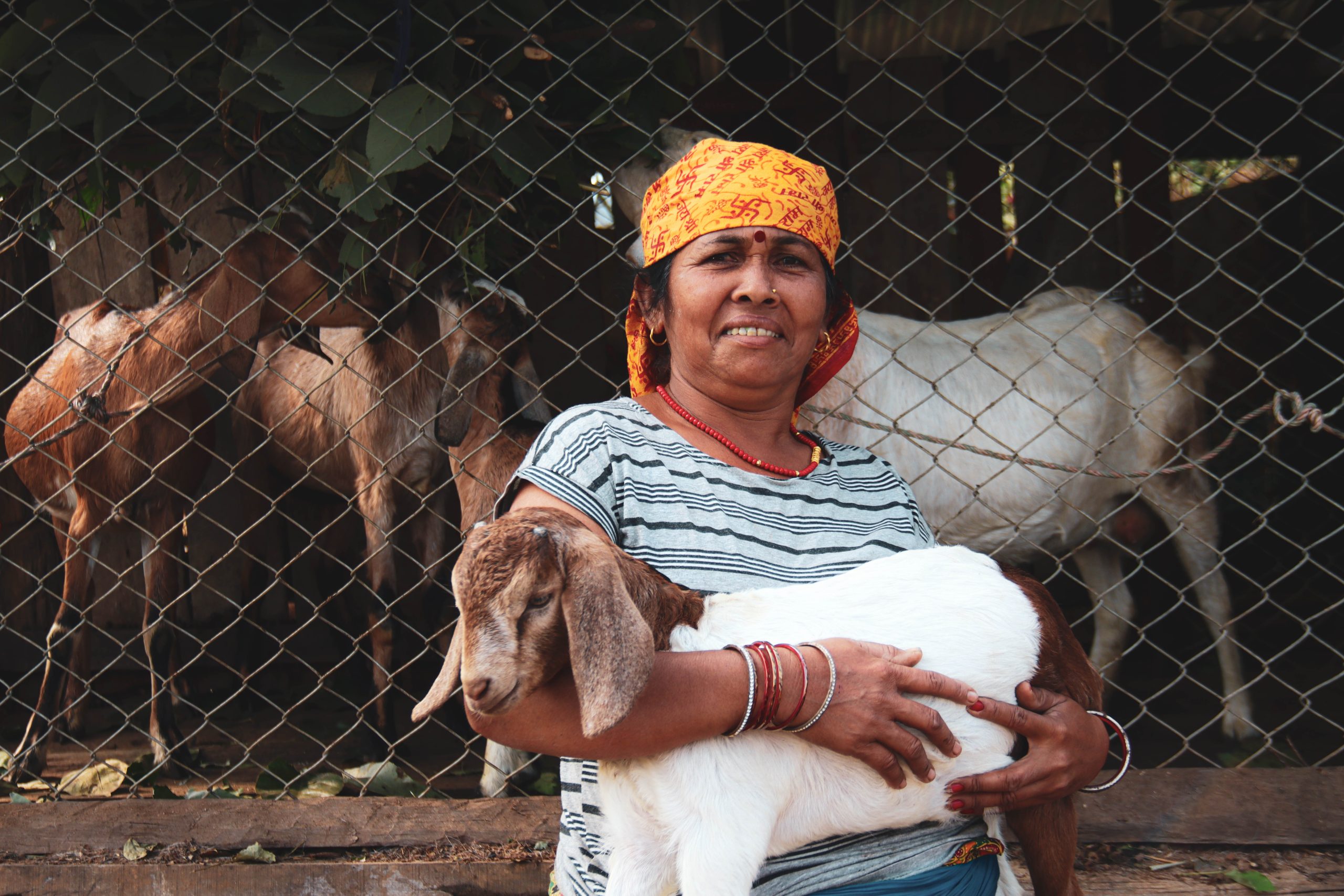
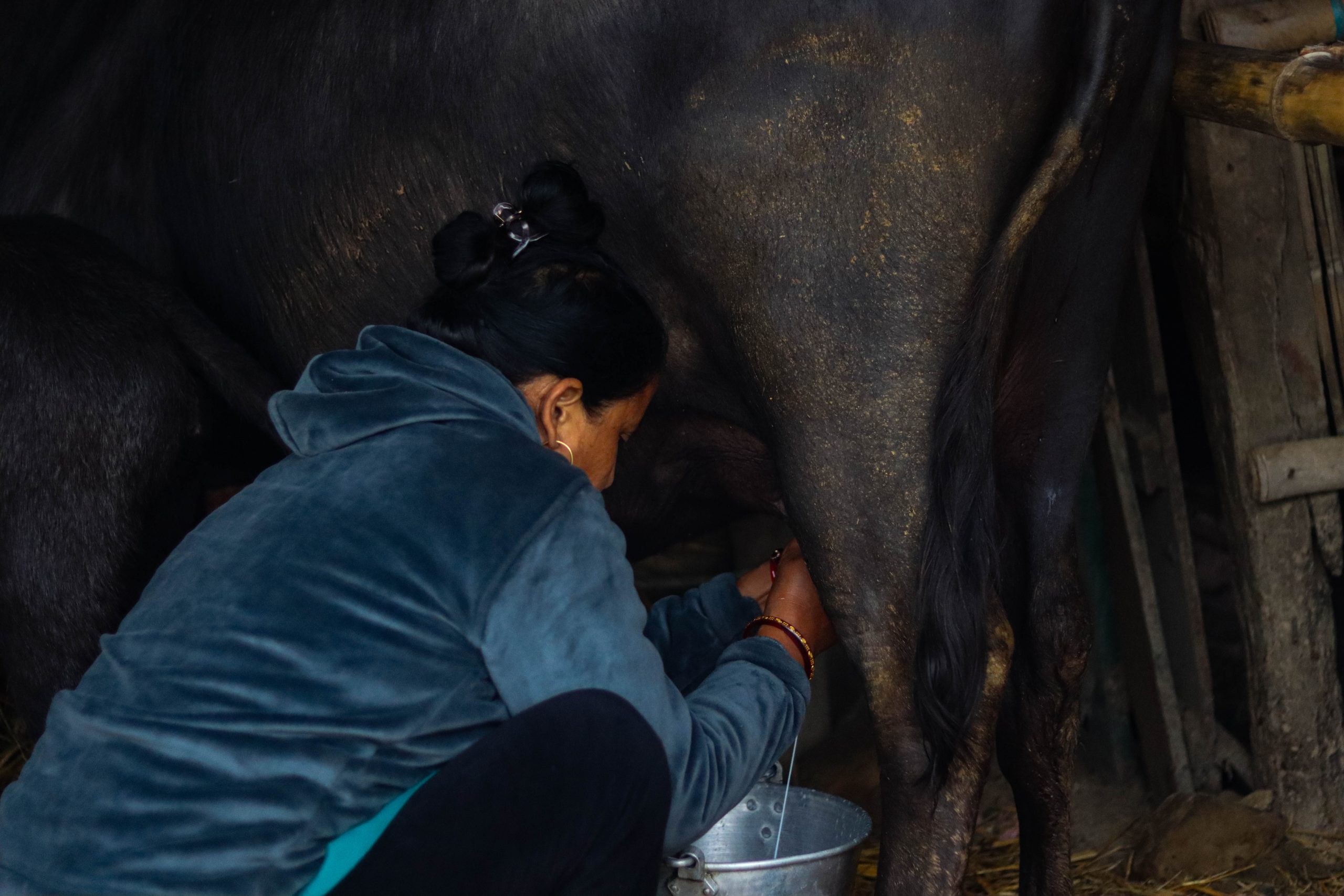
By equipping targeted community members with the skills, resources, capital and knowledge necessary for sustainable livelihood, the project aimed to break the cycle of poverty and create pathways to economic empowerment. The pilot initiative incorporated two co-operatives in Madi, Chitwan (southern region of Nepal) directly impacting the lives of 62 families and indirectly incorporating more than 200 families.
The impact of SILP cannot be traced instantly. As the initiative focused on long-term strengthening of co-operatives and its members, final evaluation of the initiatives effectiveness can only be accessed in years to come.
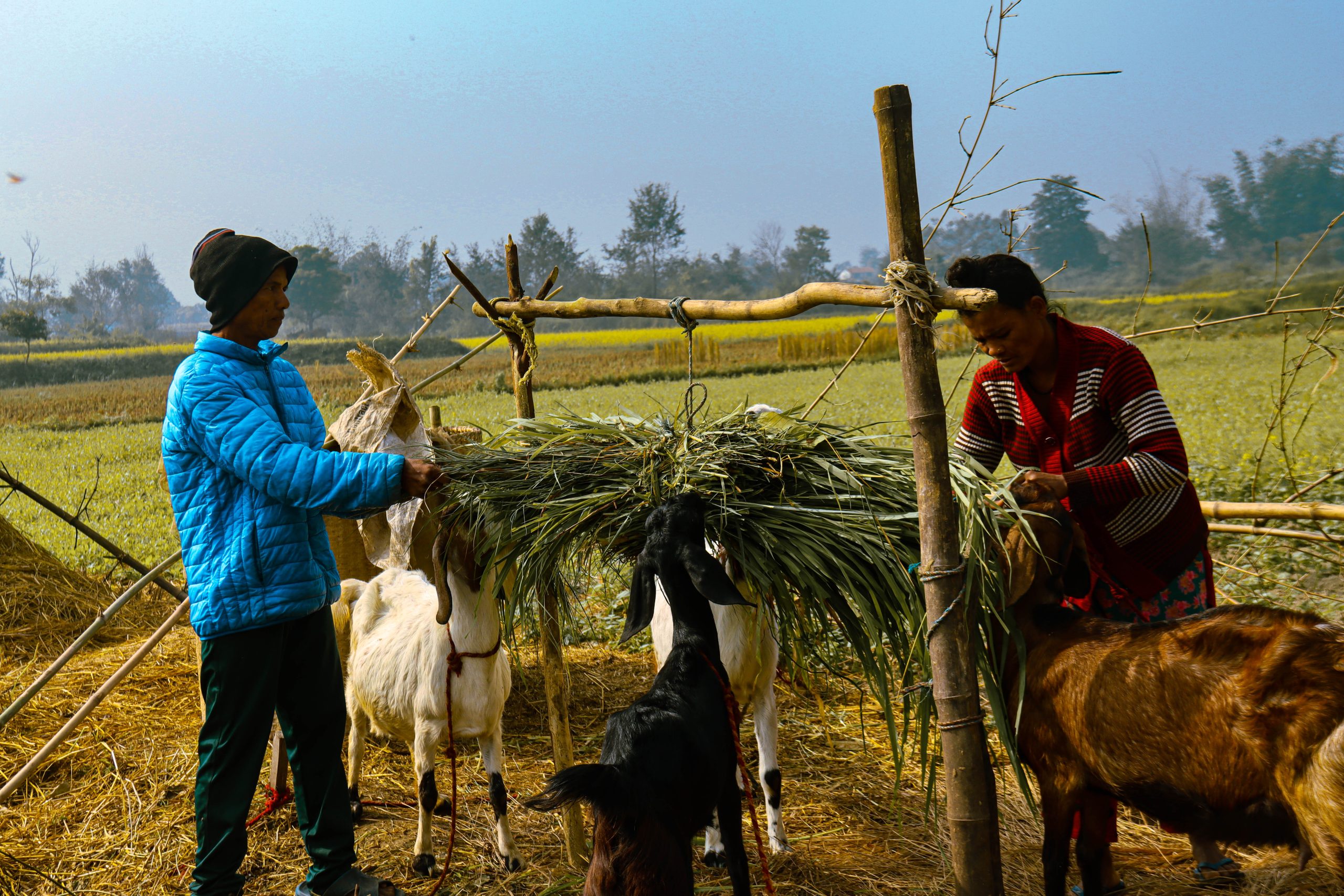
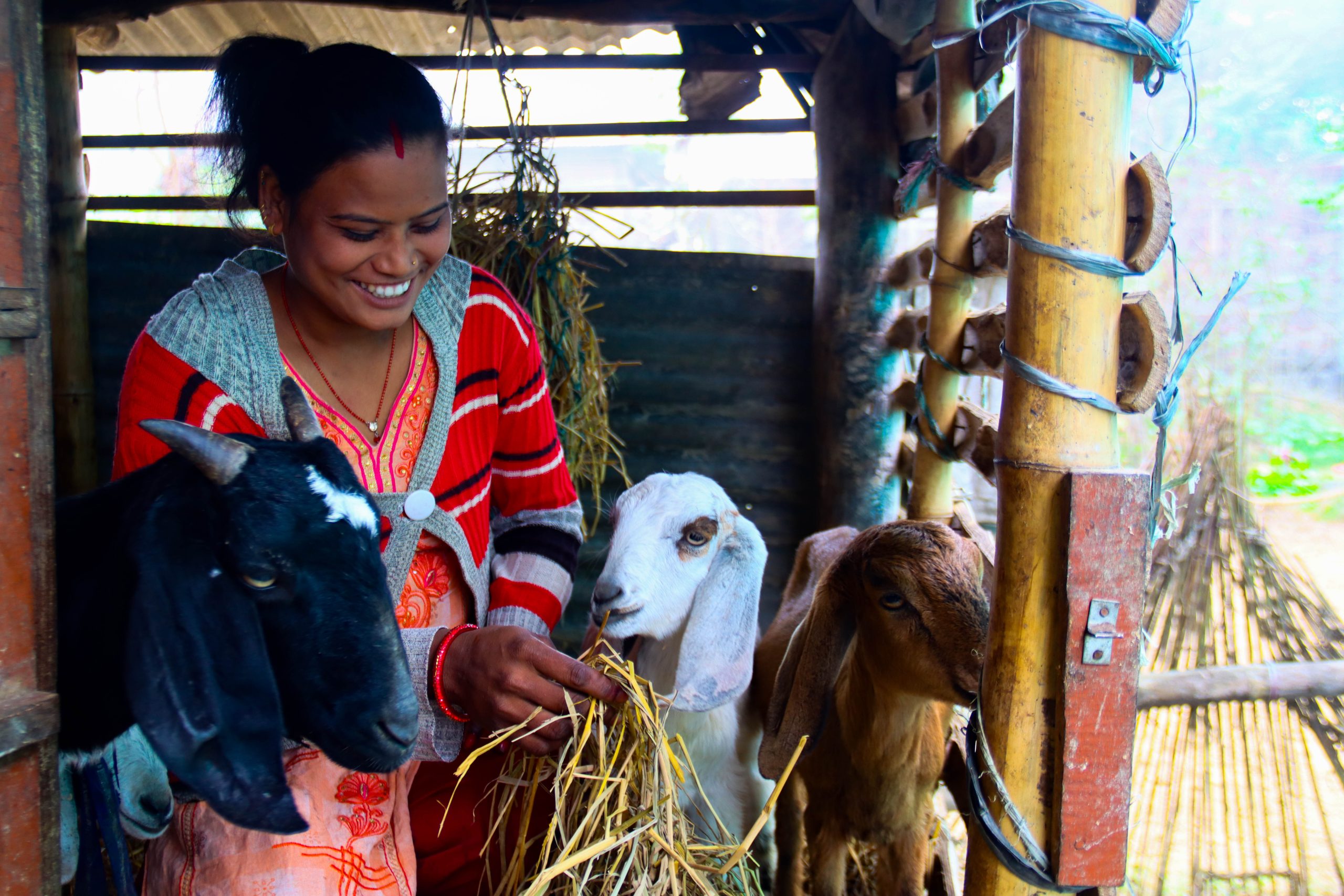
*The creation of this blog post was led by Samjhauta Thapa and Subin Adhikari.
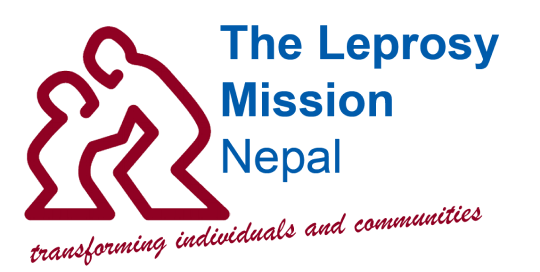
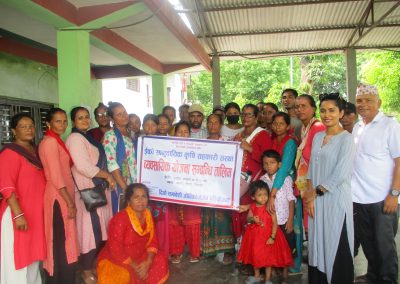
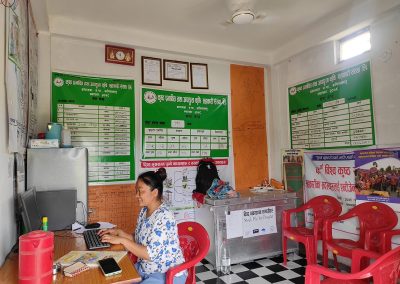
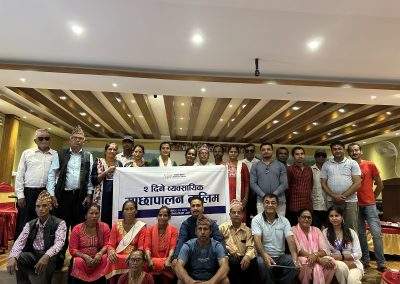
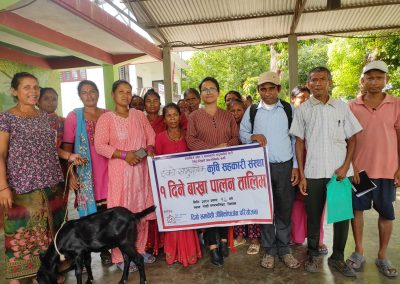
Recent Comments